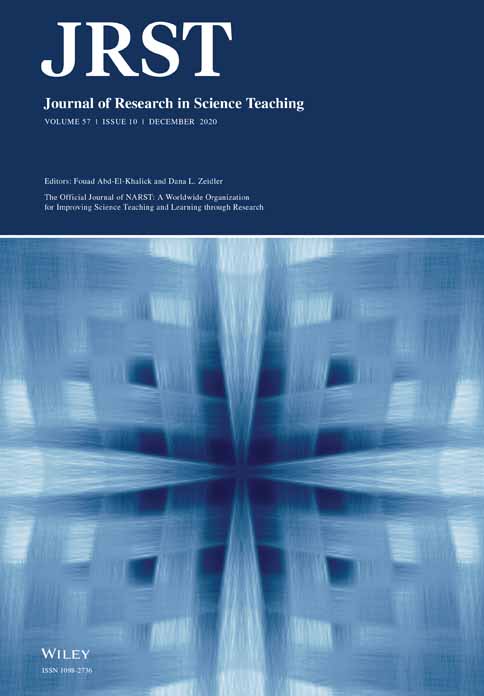Constructivism-informed variation theory lesson designs in enriching and elevating science learning: Case studies of seamless learning design
Funding information: MOE Academies Funds, Grant/Award Number: AFD 06/15 WLH
Abstract
The constructivist paradigm opens abundant opportunities for effective knowledge construction in which student build knowledge and continually evaluated and improved their knowledge. The teaching mode under constructivist pedagogy redefines the role of students and the teachers and their interrelationships by creating a nurturing environment. By adapting constructivist framework, this article demonstrates how the variation of learning practices was critical in facilitating Primary 4 students in Singapore to carry out seamless science learning. The variation of learning practices enables the students to explore a particular scientific concept through various learning experience across the contexts. The study adapted the framework of the Objects of Constructivist Learning Model for the improvement of the seamless science learning design. When redesigning the lesson, a conscious effort was made by the teacher to create relevant patterns of variation, that is, varying certain critical aspect(s) while keeping other aspects of the object of learning invariant in order to help students discern those critical aspects. The findings contribute knowledge to how the Theory of Variation can be used in analyzing seamless learning as well as designing for constructivist learning experiences. The findings have also demonstrated that the complementary practice of constructivist pedagogy with variation theory as a viable and effective approach in seamless science learning, at which it deepened students' understanding through constructing the critical aspects of a phenomenon. Engagement with primary school students in experiencing the variations allowed the translation of theory into practice.




